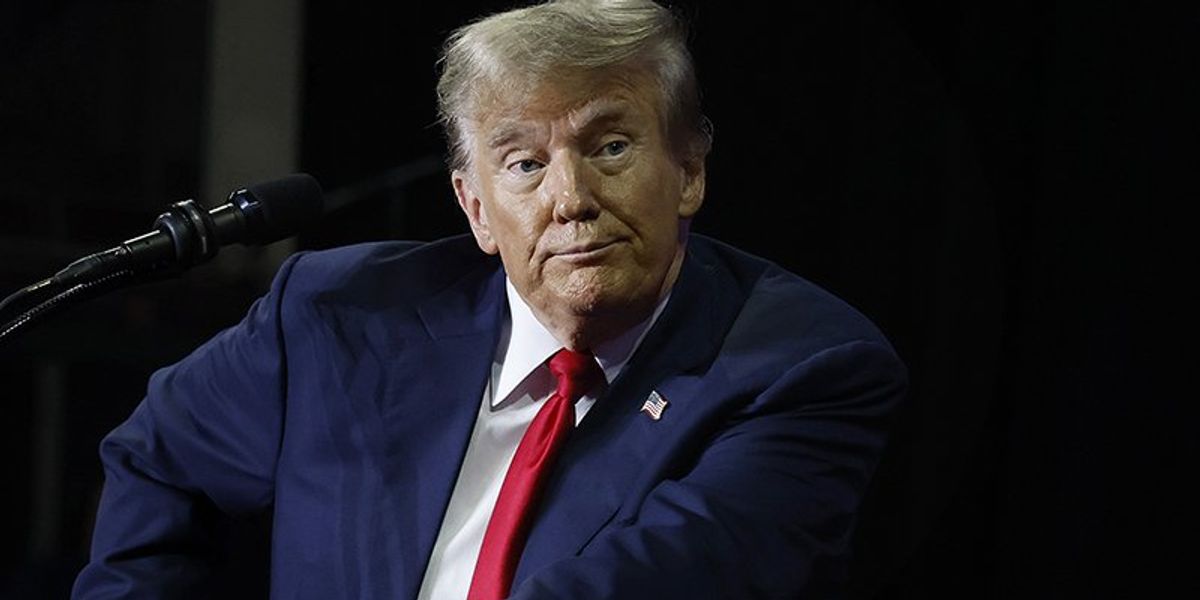Fear-mongering is nothing new to this NYS Assemblyman and perineal liar David DiPietro.
If you recall, he once tried to scare parents into thinking schools in East Aurora were indoctrinating their kids into Islam.
He’s also the guy who initially convinced Carl Paladino in an email that Barack Obama was a Muslim (yeah really…)
And the same jerkoff who recently scared the bejesus out of people in East Aurora by inviting a white supremacist to host a fundraiser in his honor, only to falsely report “threats” (that he refused to publicly verify) that “forced him” to cancel the event.
So here’s Dipietro’s latest attempt to scare his supporters into thinking they can’t be gun owners and support recreational marijuana in NYS:
What better way to appeal to his illiterate base of brain dead supporters than to try and scare them half to death into thinking someone is coming after their guns when recreational marijuana is legalized in New York State.
“Assemblyman Dipietro’s now viral video about weed and guns was a real head scratcher to me,” Said fellow Assemblymember Patrick Burke.
“While the scenario he’s laying out is possible, it’s not clear what he’s advocating for. It sounds to me like he’s warning people who currently use marijuana and own guns that a legal marijuana system could notify the government of their marijuana usage” said Burke.
Burke continued:
“If that’s the case, then I take it that he is advocating for the continuation of the black market and criminal use of a controlled substance in order to hide gun owners illegal drug use from the federal government “
About the only part of Dipietro’s claims that is factual is that Federal law does indeed prohibit marijuana use and owning a firearm. That is nothing new. However, enforcing this ludicrous law has so far proven impossible.
The unlikely situation of the feds coming after individuals for their guns isn’t completely out of the realm of possibility. However, the problem is more prevalent for those registered medical marijuana users more so than recreational users.
The enforcement of this law creates an absurd policy issue as states must register medical cannabis patient data but not recreational marijuana consumer data. As a result, medical cannabis patients are denied gun rights because the state keeps a registry that shows up when firearm background checks are conducted. Recreational users, however, are not required to register to purchase retail cannabis and are therefore untracked.
THERE IS NO KNOWN GOVERNMENT DATABASE OF RECREATIONAL MARIJUANA USERS
Recreational marijuana is currently legal in 10 states plus the District of Columbia. So far, there has not been one registered instance of a gun being confiscation based on the current federal law.
“NORML is aware of no concerted effort in any legal jurisdiction on the part of federal officials to seize firearms access or prosecute those who legally possess firearms solely for their participation in the state’s medical cannabis registry”
Yes. Medicinal marijuana users are put into a database for the purposes of knowing who qualifies for a medical prescription and who doesn’t.
Burke acknowledged that medical and recreational marijuana usage creates a legal quagmire with the federal government, but also notes that many states have legalized medical marijuana and recreational marijuana without too much complication.
Is it reasonable to deny medical cannabis patients their second amendment right but not apply this standard to those who consume alcohol or prescription drugs?
So the question becomes, how does the state work around the federal law, which many critics agree could eventually be ruled a constitutional violation by the federal government.
In 2017 the Honolulu Police department tried to enforce the federal law by sending 30 registered medical marijuana users a letter in an attempt to confiscate their guns. Weeks later, the Honolulu Police department stepped back its operation citing severe public backlash:
The Honolulu Police Department will not enforce a controversial policy requiring legal marijuana patients to turn in their guns.
The department issued a notice Tuesday, saying it is consulting with other governmental agencies, as well as reviewing recent court rulings regarding the issue. HPD said it will, however, continue to deny new firearm permits to applicants with medical marijuana cards.
Pennsylvania has crafted an innovative approach centered around database sharing. The state’s Department of Health decided it will no longer share the medical marijuana registry with the state’s law enforcement database, JNET.
The practical outcome of this policy is that background checks done by firearms dealers will not identify whether or not the person is a medical marijuana card holder, effectively bypassing the restriction.
The Pennsylvania state police website maintains that it is illegal for citizens to possess both a medical marijuana card and a firearm, meaning that the underlying legal structure has not changed. Pennsylvania’s health agency has simply ceased reporting the marijuana registry to the JNET database, making enforcement of the law much more difficult.
When Marijuana is legalized in NYS, consumers as is the case in the other 10 legalized states, will be asked to show proper identification for age verification and residency purposes. Similar to how it works when you buy cigarettes and alcohol, that information is never placed or stored in some governmental database.
“Marijuana clearly has effective medicinal purposes, Said Assemblyman Burke. It helps people with chronic pain, anxiety, and many other ailments. Marijuana should not be a schedule one drug and that has to change at the federal level.
In states with daily purchase limits, dispensaries have been known to add your private information into a company database mainly used to monitor limit laws and for additional marketing purposes.
The notion that there will be some sort of direct connection from dispensaries to a government database is absurd.
“We need to educate people rather than stoke fear and misinformation. We need to work through complicated policies to create the best possible outcomes for our community.”



